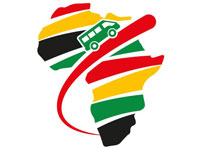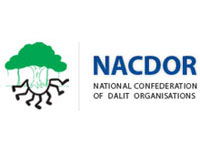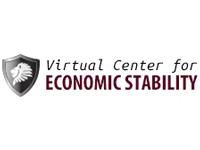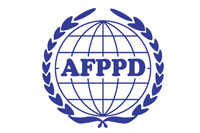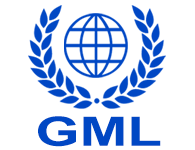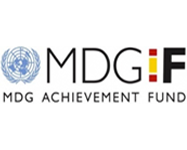Kampala, Uganda, 2nd July 2014
The role of African faith leaders in promoting human development on the continent came to the fore at the beginning of a two-day African Faith Leaders’ Summit on Sustainable Development Goals and the Post 2015 Development Agenda which is holding in Kampala, the capital of Uganda. The summit is being organized under the auspices of the African Interfaith Initiative on Post-2015 Development Agenda, a coalition of faith communities and their leaders across Africa with technical support from the United Nations Millennium Campaign (UNMC) and other development partners.
The summit which has as its theme “enhancing faith communities’ engagement on the post-2015 Development Agenda” is jointly convened by the African Council of Religious Leaders, Symposium of Episcopal Conferences of Africa and Madagascar; All Africa Council of Churches; Organization of African Instituted Churches; Hindu Council of Africa; Council of Anglican Provinces of Africa; Union of Muslim Councils of Central, Eastern and Southern Africa; the Spiritual Assembly of the Baha’i; the Association of the Evangelicals of Africa; Fellowship of Christian Councils and Churches in the Great Lakes and Horn of Africa; and Arigatou International, Nairobi.
The summit is convened on the heels of current processes at national, regional and global levels to develop a successor framework to the Millennium Development Goals (MDGs). According to Rev. Nicta Lubaale, Chairperson of the African Interfaith Initiative on Post-2015 Development Agenda, “previous development targets such as the MDGs did not take into cognizance the inputs from strategic development stakeholders such as faith leaders. He further stated that the summit was conceived to provide a common platform “to escalate the engagement of Faith Communities and Faith Leaders in shaping the Post 2015 Development Agenda.”
The summit will develop strategies for the engagement of faith communities across the continent in the post 2015 processes as well as involvement in the implementation process of the new framework at national levels. To this end, the summit will adopt an outcome document which will be used by faith leaders and communities in mobilsation and advocacy.
For more information and interviews, please contact:
Rev. Nicta Lubaale – nic.lubaale@oaic.org
Atieno Ndomo, atieno.ndomo@undp.org

